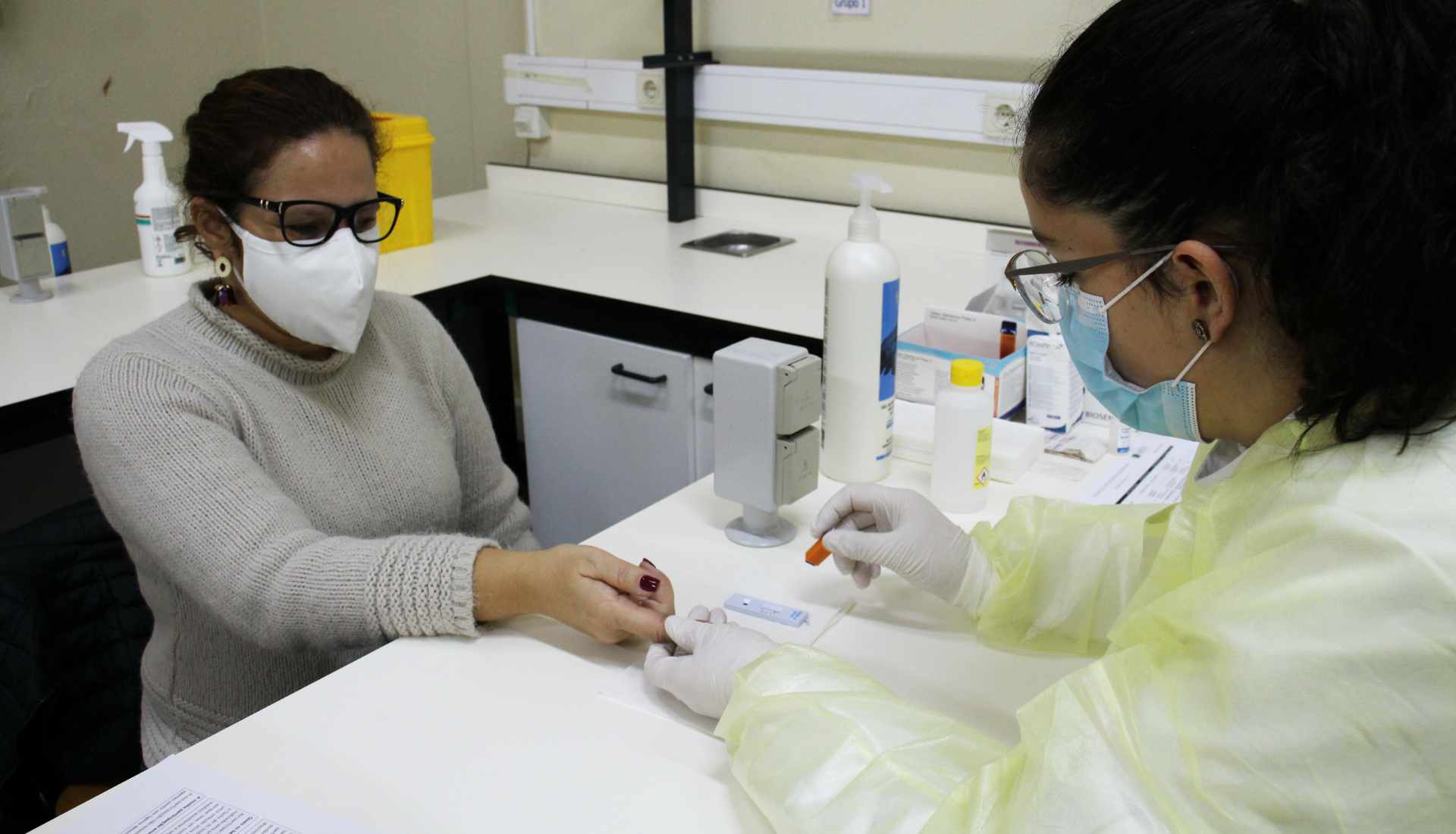There was a sharp decline in the number of tests performed for HIV, viral hepatitis and sexually transmitted infections (STIs), between March and August 2020, in the European Region of the World Health Organization (WHO) due to COVID-19.
The conclusion is from a recent study that warns of the impact of the pandemic on the late diagnosis of these infections. The Instituto de Saúde Pública da Universidade do Porto (ISPUP) is one of the entities involved in the research, coordinated by members of the EuroTEST initiative.
The work, published on 26 November in the journal Eurosurveillance, presents the preliminary results of an online survey that assessed the impact of the COVID-19 pandemic on testing for HIV, viral hepatitis and STIs – chlamydia, syphilis and gonorrhea – in the WHO European Region, between March and August 2020.
The study includes 98 responses from individuals from community and non-governmental organizations, secondary level/specialist healthcare and public health institutes, and ministries of health, from 34 countries in the WHO European Region, involved in the testing process for at least one these infections.
More than a 50% decline in testing volume
95% of survey respondents reported having performed fewer tests for all infections in the first three months of the pandemic, compared to the same period in 2019.
Over two-thirds of respondents indicated a reduction of more than 50% in the testing volume between March and May. There was a slight recovery from June to August 2020. Even so, 58% reported having a decrease in the volume of tests performed, although the decrease was not as severe as in the first phase of the pandemic.
As Daniel Simões, from the Epidemiology Research Unit (EPIUnit) at ISPUP and the first author of the study, explains, “we expected to find a more pronounced decrease in the testing volume, during the first three months of the pandemic, due to the lockdown. During this period, there were tighter measures, and many of these services were closed or working with reduced teams”.
Additionally, there were fewer requests for booking appointments; centers started to use telemedicine and remote consultations; there was a decrease in funding; and laboratories that, due to COVID-19 testing, were unable to continue testing for other infections.
Actions to minimize the impact of COVID-19 on testing
Some of the questions in the survey were related to measures implemented by different entities to mitigate the negative impact of COVID-19 on the number of tests performed for HIV, viral hepatitis and STIs.
The authors found that more than half of the organizations started to provide services remotely, via telephone and online.About 30% of secondary health care and community-based organizations tightened the criteria for testing (which excluded more people from having access to it, but allowed some testing to continue) and more than 1/3 of community-based organizations were forced to refer individuals to other locations. Several entities that provide HIV screening also indicated that they started distributing or referencing the self-test for this infection, which was unusual before the pandemic.
“We realized that several measures were put in place in the WHO European Region, but they seem to mainly focus on keeping minimal services in operation, and not on recovering the number of missed tests”, notes Daniel Simões.
The reminder
The preliminary findings of the study entitled Impact of the COVID-19 pandemic on testing services for HIV, viral hepatitis and sexually transmitted infections in the WHO European Region, March to August 2020 already show results that concern researchers.
“In the WHO European Region, if we talk about HIV, half are usually diagnosed late, and COVID-19 further delayed the diagnosis and treatment of these infections. In viral hepatitis and STIs, diagnosis was also critical before the pandemic, with many people going undiagnosed. Late diagnosis and treatment of chronic diseases, such as HIV and viral hepatitis, can have serious long-term health consequences for those who live with these infections and do not know it. These decreases in testing undermine progress in responding to these infections in the European Region”, explains the researcher.
“With the increase in the number of COVID-19 cases this fall in Europe, we fear that the laboratory overload will affect the testing system in place for these infections even more negatively than in the first months of the pandemic. Right now, we know that the management of COVID-19 is one of the priorities in the WHO European Region, but it is also important to ensure that the response to other infectious diseases is not compromised”.
The article is also authored by Annemarie Rinder Stengaard, Lauren Combs and Dorthe Raben, and by the consortium that developed the study.
Image: Nicole Sánchez



